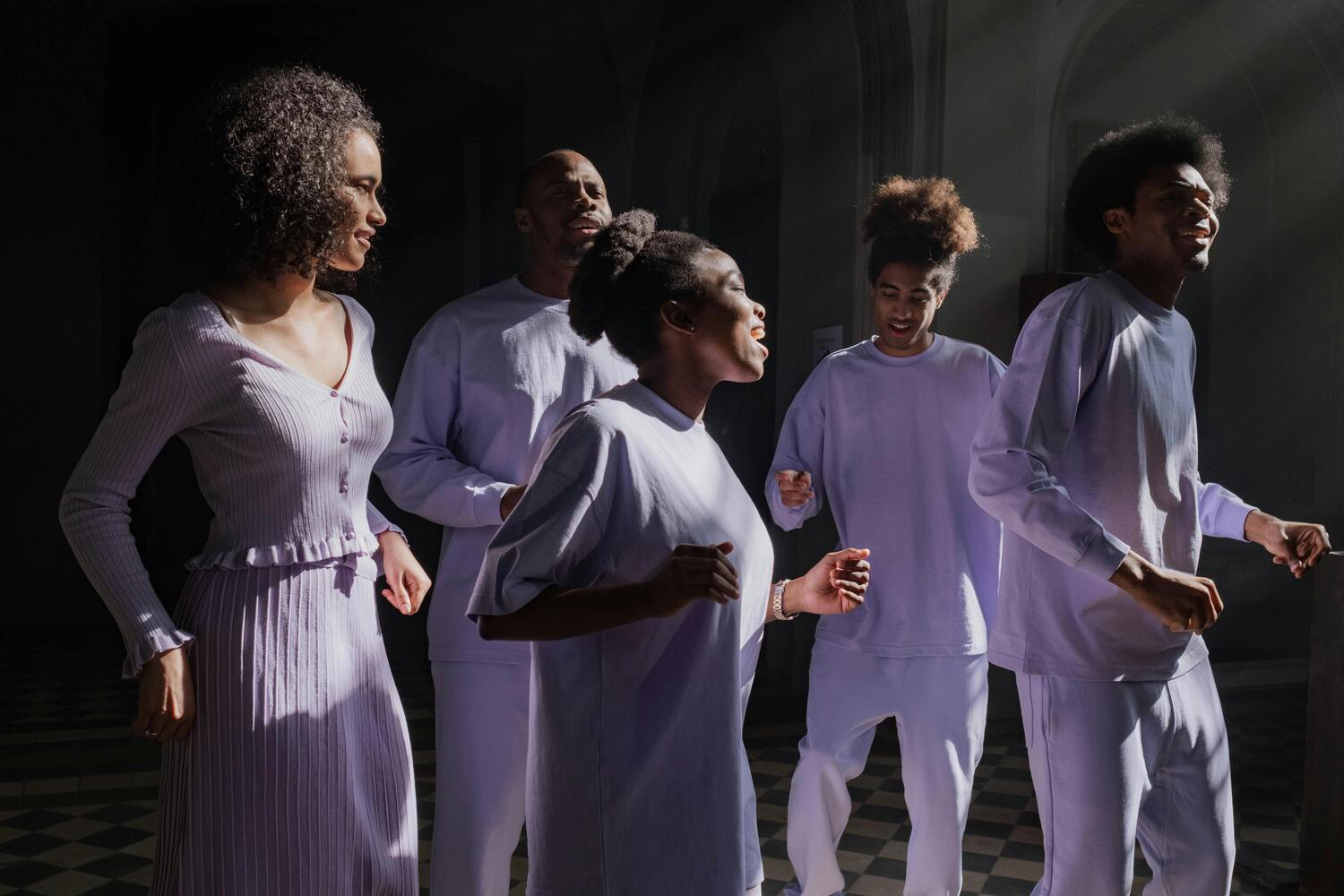
Music and Mourning: How Songs and Rituals Help Cultures Grieve
Music and Mourning: How Songs and Rituals Help Cultures Grieve
Grief is universal — and so is music. For centuries, cultures have used songs and sound to honor the dead, comfort the living, and give shape to mourning rituals. Whether through sacred chants, funeral hymns, or folk laments, music carries emotion where words fall short.
Why Music Matters in Grief
Expression: Music gives voice to emotions beyond words.
Connection: Songs unite communities in shared mourning.
Memory: Melodies preserve stories and cultural identity.
Healing: Studies show music reduces stress and aids emotional regulation.
According to Psychology Today, listening to or creating music helps mourners process emotions in a safe, symbolic way.
Cultural Examples of Music in Mourning
African Traditions: Drumming and Song
In many African cultures, drumming and communal singing accompany funerals. These rhythms honor ancestors and help mourners release grief collectively.
Hear it: Otto & The Mutapa Calling is a London-based marimba and traditional African music ensemble that mixes drumming & singing.
Ireland: Keening and Laments
Traditional Irish wakes often included keening — wailing songs performed by women to express sorrow and guide the dead. Today, laments are still sung at funerals and memorials.
Hear it: RÓIS is a Belfast-based singer/artist blending traditional keening with avant-folk and experimental genre.
Judaism: Kaddish and Psalms
The Kaddish, though not mentioning death, is a prayer of sanctification often chanted in memory of the dead. Music brings depth and continuity to the ritual.
Hear it: Azi Schwartz is a well-known modern cantor performing traditional prayers, often blending ritual chanting with contemporary musical expression.
Christianity: Hymns and Gospel Songs
From “Amazing Grace” to gospel choirs, music plays a central role in Christian funerals, offering hope of resurrection and communal strength.
Hear it: The Kingdom Choir is a British gospel choir famed for performances at major public ceremonies.

Buddhism: Chanting and Bells
Buddhist mourning rituals often include chanting sutras and ringing bells, believed to guide the soul’s journey and calm the minds of the living.
Hear it: Ani Choying Drolma is a Nepalese Buddhist nun known worldwide for Tibetan Buddhist chants and spiritual music.
Mexico: Mariachi at Funerals
In parts of Mexico, mariachi bands perform both somber and celebratory songs at funerals — blending grief with joy in remembrance.
Hear it: Mariachi Corazón de Mi Tierra is a traditional mariachi group that can be booked for various events.
Modern Approaches: Playlists for Grief
Today, people often create personal playlists of songs tied to memory and healing. Streaming platforms host curated “grief and healing” playlists, mixing classical, folk, and contemporary tracks.
How Music Helps Us Cope
Provides comfort during anniversaries and milestones.
Creates space for reflection and memory.
Connects generations through shared songs.
Brings communities together in times of loss.
FAQs About Music and Mourning
1. Why is music used in mourning rituals?
Because it expresses emotion, unites communities, and provides spiritual meaning.
2. What are common funeral songs?
“Amazing Grace,” “Ave Maria,” traditional laments, and culturally specific folk songs.
3. Do all cultures use music in grief rituals?
Nearly all — though forms range from chants and hymns to drumming and contemporary songs.
4. Can listening to music help personal grief?
Yes. Music lowers stress, validates feelings, and offers comfort.
5. How can I create a grief playlist?
Include songs tied to your loved one, soothing instrumentals, and tracks that honor memory.
















